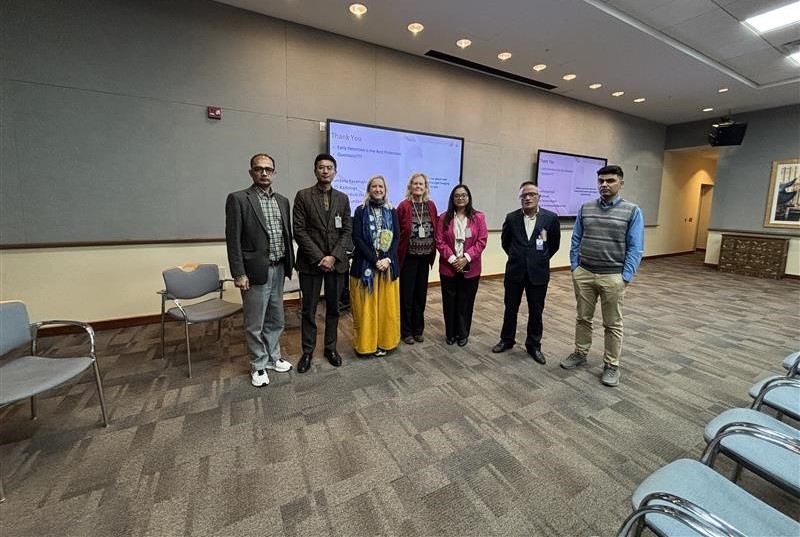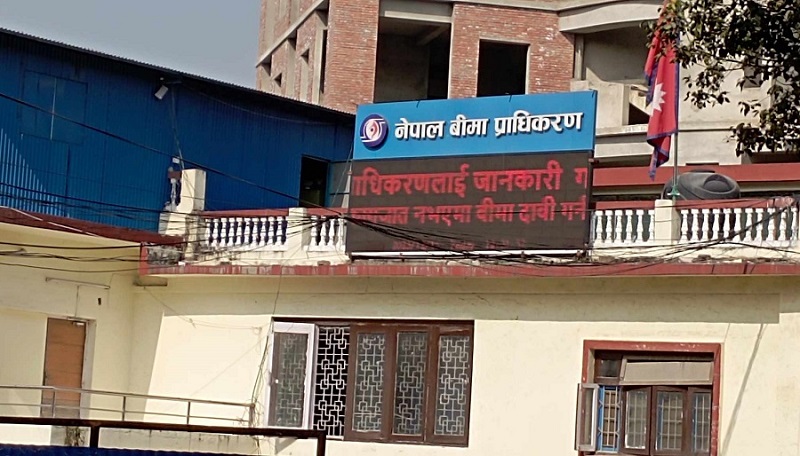NMA Demands Urgent Medical Education Reforms in Nepal: 9-Point Appeal
23rd June 2025, Kathmandu
The Nepal Medical Association (NMA) has issued a public appeal urging immediate reforms in Nepal’s medical education sector. The Association released a nine-point appeal, targeting all active medical colleges and institutions.
NMA Urgent Medical Education Reforms
It called for responsible actions from concerned bodies to uplift the declining quality of medical education.
According to the Association, the country’s medical education system is facing serious challenges. If the quality continues to decline, it will directly affect Nepal’s overall healthcare delivery. The Association stressed that quality education is essential to maintain trust and efficiency in the medical field.
Multiple Stakeholders Must Take Responsibility
The NMA emphasized that the responsibility for reform lies with multiple authorities. It specifically mentioned the Ministry of Education, Science and Technology, Ministry of Health and Population, the Medical Education Commission, and the Nepal Medical Council.
In addition, it called on medical colleges, professors, residential doctors, parents, and the Government of Nepal to actively contribute. Without joint responsibility and action, the Association warned, sustainable improvements in medical education will not be possible.
Education And Professional Growth Must Be Prioritized
To strengthen academic and professional excellence, the NMA suggested increasing opportunities for research and skill development. It said that academic programs must go beyond textbooks and offer students real-world learning opportunities. This, it believes, will enhance Nepal’s capacity to produce skilled and competent medical professionals.
Furthermore, it recommended policy-level initiatives to integrate professional development with academic standards. Encouraging research and innovation is key to achieving long-term educational excellence.
Resident Doctors Deserve Fair Compensation
Another major demand in the appeal focuses on the welfare of resident doctors. The Association urged the government and relevant institutions to provide monthly allowances based on the eighth-tier pay scale. It stated that resident doctors play a crucial role in both medical education and healthcare delivery. Therefore, they should be fairly compensated for their contribution and workload.
Health Insurance for Doctors And Families
The Association also demanded the implementation of a health insurance scheme for resident doctors and their families. It explained that young doctors often face personal and family health risks while serving under difficult conditions. Providing insurance coverage will ensure their well-being and create a more secure work environment.
According to the NMA, such schemes will also improve morale and retention among medical graduates. It believes this will lead to better outcomes in both education and patient care.
Mental Health Support Should Be Accessible
In its nine-point appeal, the NMA highlighted the growing importance of mental health support in the medical profession. It urged authorities to make counseling services easily accessible and regular within institutions. Medical students and doctors often face immense pressure. As a result, proper mental health care must be part of any reform plan.
The Association stressed that supporting the mental well-being of healthcare professionals is just as important as physical health infrastructure.
Call For Unity And Action
The NMA concluded its appeal by calling all stakeholders to work together. It urged medical educators, regulators, policymakers, and the government to join hands in reforming medical education and improving the overall healthcare system.
It stated that unless these reforms are implemented soon, the challenges in medical education will continue to impact healthcare services negatively.
Final Words
Nepal Medical Association’s appeal serves as a serious reminder. The quality of medical education is not only an academic concern but a public health issue. Moving forward, collaboration, commitment, and responsible leadership are needed to ensure Nepal’s future healthcare professionals receive the best possible training.
For more:- NMA Urgent Medical Education Reforms







